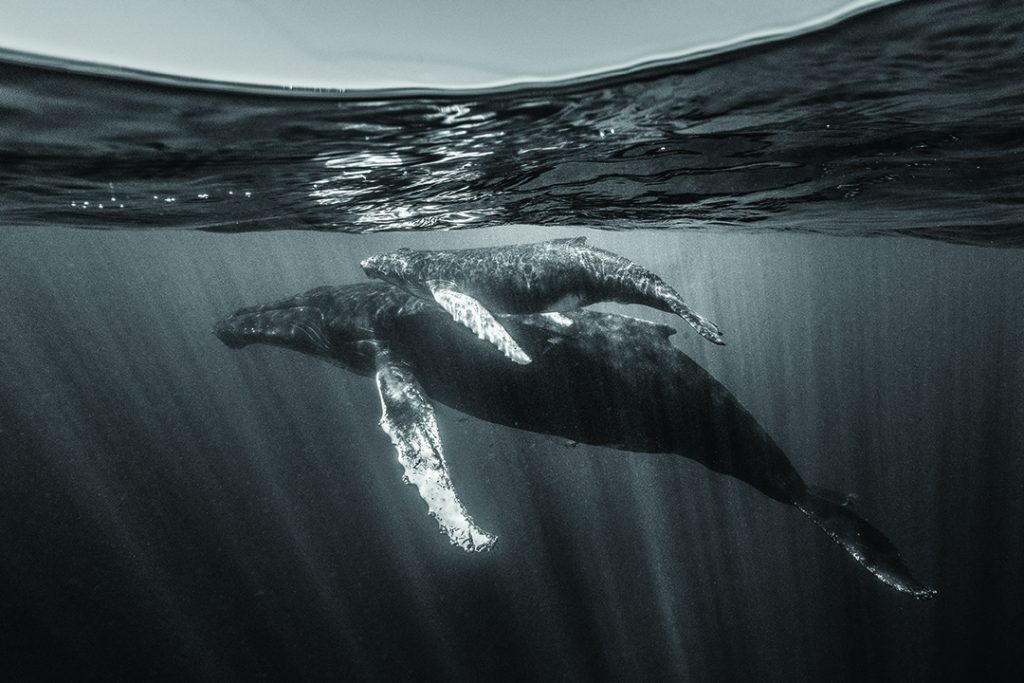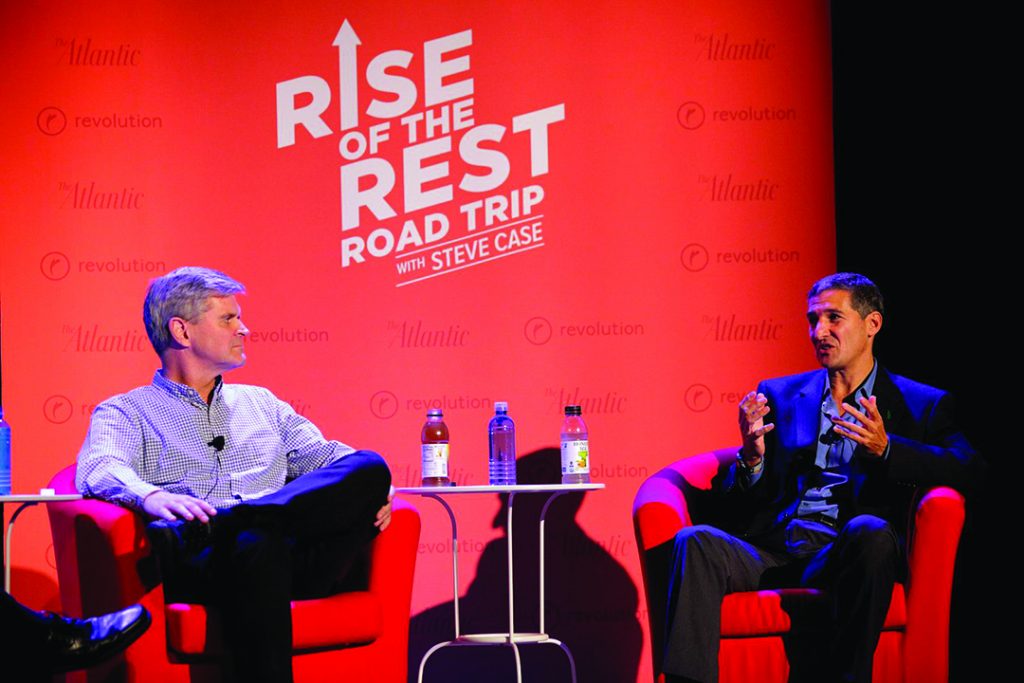Achieve New Levels of Efficiency: 5 ways businesses can use AI to protect the environment.

Eight billion mouths to feed — this news circulated the world late last year sparking heated discussions on the best solutions. As the population grows, so do various challenges, such as global warming, air pollution, energy depletion, and food insecurity.
Sustainability in business is now a critical concept, and the marriage of technology and nature can do a lot of good, especially for the latter. The idea of a symbiosis of technology, science, and business to protect the environment is taking concrete shape — and artificial intelligence (AI) should be treated as a tool of prime importance.
The scientific world is reaping the benefits of technological developments. AI is already helping uncover the potential to create a better world. Projects for which it is the basis are facilitating processes related to the extermination of rare animal species, monitoring forest degradation processes, and air pollution. Microsoft’s AirSim uses AI to simulate the environment and test autonomous vehicles, Google’s Earth Engine to analyze satellite imagery and map environmental changes over time, IBM’s Environmental Insights Explorer to analyze data from air quality sensors, and Open Climate Fix to reduce carbon emissions.
Skillful adaptation of new technologies is of colossal importance for areas where critical phenomena occur. Making wise decisions, keeping ethical standards in mind, and utilizing the potential of new technologies can help to enhance the current situation and improve living conditions for people globally.
How Can Businesses Use AI for Sustainability?
Since 2000, the number of AI companies has multiplied by 14 times. According to recent Google search statistics, the term “AI in business” has more than doubled in the last three years. More businesses are recognizing the value of AI and its potential to bring new levels of efficiency and productivity.
1. Predictive Maintenance and Energy Optimization
AI can be used to analyze past data to predict when equipment may fail and to take proactive measures to reduce energy consumption and increase efficiency.
2. Smart Agriculture
AI can be used to support farmers to manage resources like water and fertilizer more effectively, optimizing crop yields, and reducing environmental impact.
3. Automated Recycling
AI can be used to automate recycling processes and reduce the need for manual labor.
4. Waste Management
AI can be used to track waste levels and identify areas where waste can be reduced or reused.
5. Renewable Energy
Machine learning algorithms can be used to monitor energy consumption and detect inefficient energy use, as well as to optimize the use of renewable energy sources such as solar and wind power.
Sustainability: More Than Just a Buzzword
There has been a lot of attention in the media around greenwashing and the need for greater transparency. This has prompted boards of directors around the world to take an active role in environmental, social, and governance (ESG) oversight. The Securities and Exchange Commission has proposed new rules that would require companies to disclose information regarding climate change and how their operations are sustainable for the benefit of society. Businesses that embrace sustainability can satisfy both current and potential customers, as well as their employees.
James F. Kenefick is a serial tech entrepreneur, early-stage investor, and executive focused on harnessing the power of technology to improve humanity.
Subscribe today and gain a strategic advantage from the emerging trends and best leadership practices found within Real Leaders magazine.





Responses